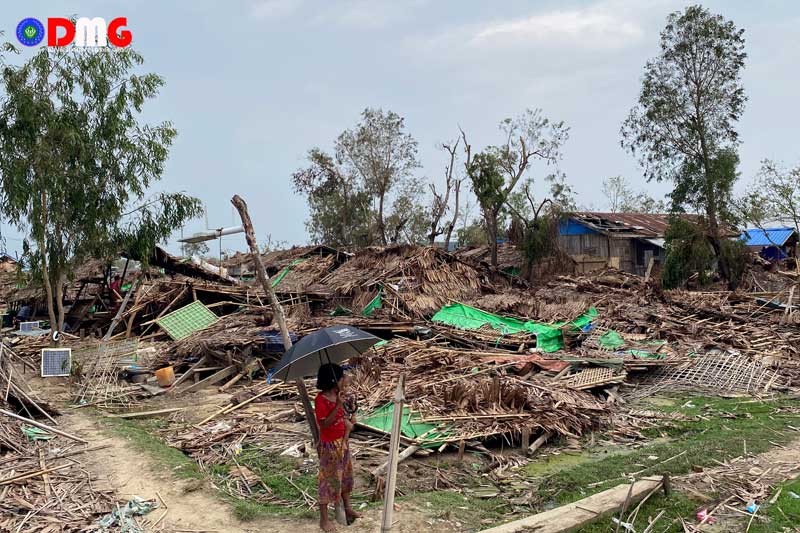DMG’s Interview with ICRC on the situation of Tin Nyo IDPs Camp
When working in areas affected by fighting/ongoing clashes, we examine many factors including the safety and security of the situation before we send our teams in. We work in close coordination with the authorities, seeking relevant field clearance and/or approval so that we can effectively provide for the most urgent needs of those displaced.
23 Aug 2019
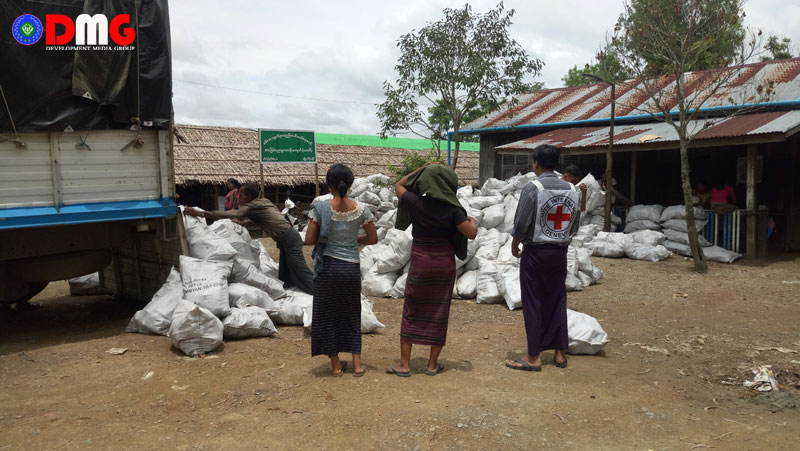
Is it true that you are not allowed to provide rice to Tin Nyo Camp for this month, and if true, Why?
ICRC has been providing assistance and much needed items to Tin Nyo camp monthly since May 2019. We will continue to work with local and state authorities to ensure the IDPs have the essential items they need. And we will continue to monitor and assess the needs of the IDP camp, and to continue discussing with the relevant government offices so that we are able to continue providing assistance effectively as required.
The ICRC team is in Tin Nyo today to distribute food items. We will assess the situation on the ground. If there is an additional need for rice, we will discuss this with the authorities and bring the additional items as soon as possible. As always, we are monitoring the situation and will adapt our response according to the needs.
What kind of assistance is the ICRC providing to the IDP camps? How many camps? And how much in cash value has the ICRC provided?
Our teams on the ground appraise the needs of the people, we talk to the communities, to find out what is most urgently needed with our main partners, the Myanmar Red Cross. Since December 2018 to June 2019 emergency assistance has been provided to more than 34,000 people in 60 places in eight townships – we have supplied food, essential household items, clean water and sanitation services and temporary shelters.
What are your challenges in providing assistance in the conflict areas?
When working in areas affected by fighting/ongoing clashes, we examine many factors including the safety and security of the situation before we send our teams in. We work in close coordination with the authorities, seeking relevant field clearance and/or approval so that we can effectively provide for the most urgent needs of those displaced.
We are aware that ICRC has evacuated people trapped in the villages of battle areas. Do you have any challenges in such evacuation process?
Evacuating people caught in areas of fighting requires carefully planned negotiations and needs to be conducted very judiciously. For this, we discuss the situation and assess the security of the area with relevant local authorities, Myanmar Red Cross and Ministry of Health and Sports to ensure safety of all involved.
In providing assistance to the people affected by the fighting in northern Arakan State, we have found that only the displaced people arriving at the camp are provided assistance. But there are other people in remote villages who are in need of food, medicine and other relief supplies due to the fighting. Is the ICRC planning to go and assist those people in remote areas as well? What are your challenges to do that?
Indeed, the ICRC is aware of humanitarian concerns for communities affected by fighting. We work to assist those most in need, we work in IDP camps and in some cases provided assistance to local villages as well. The ICRC is mandated to provide assistance to all the people affected by armed conflicts and violence. ICRC is working to ensure that our assistance reaches to everybody in need, when the authorities allow us to travel as long as conditions are safe and secure for all concerned. We will continue to adapt our assistance according to the needs of the affected populations and remind all parties to reduce the impact of the fighting on the civilian population.
Related Post:
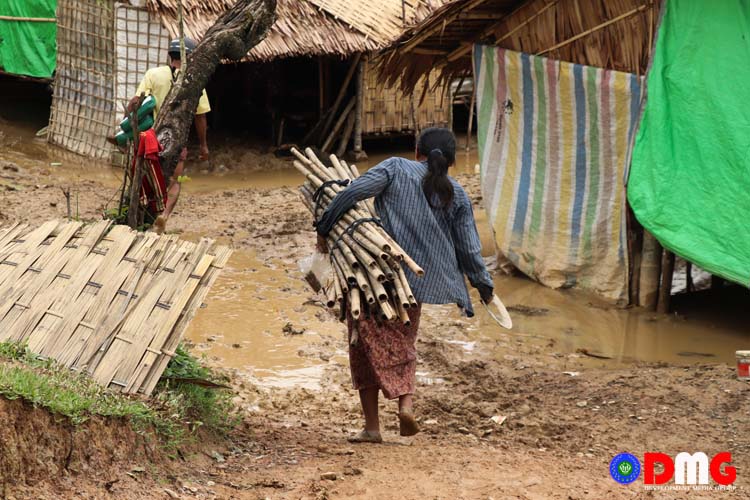

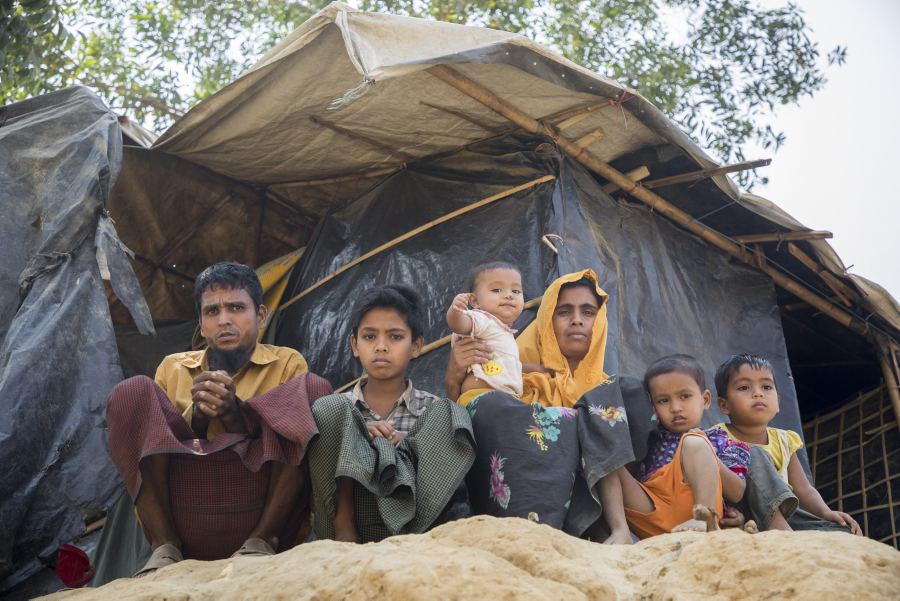
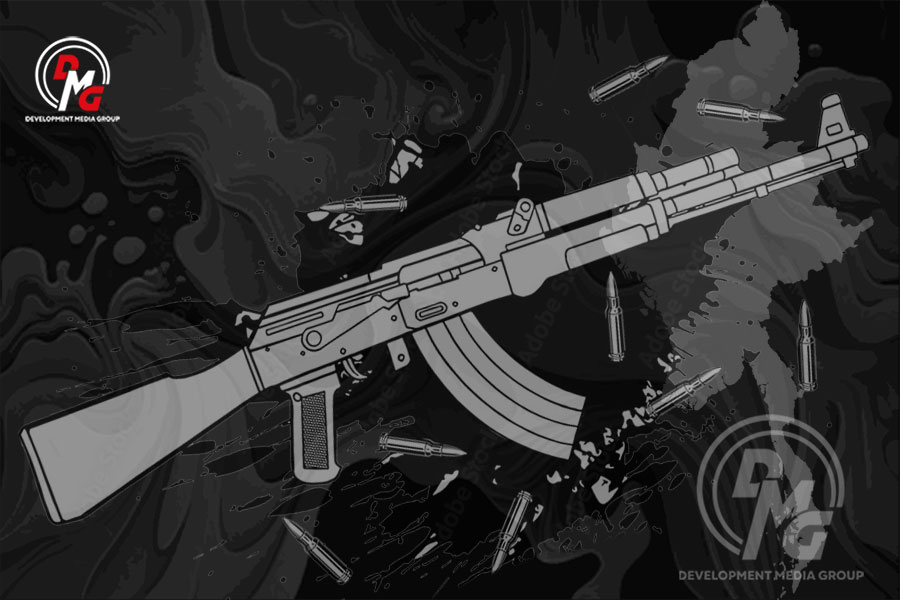
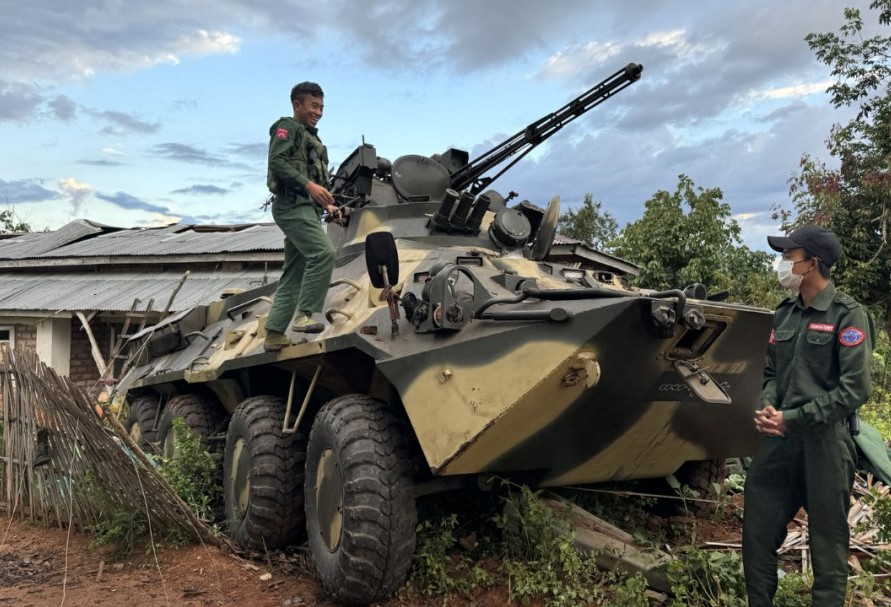

.jpg)
